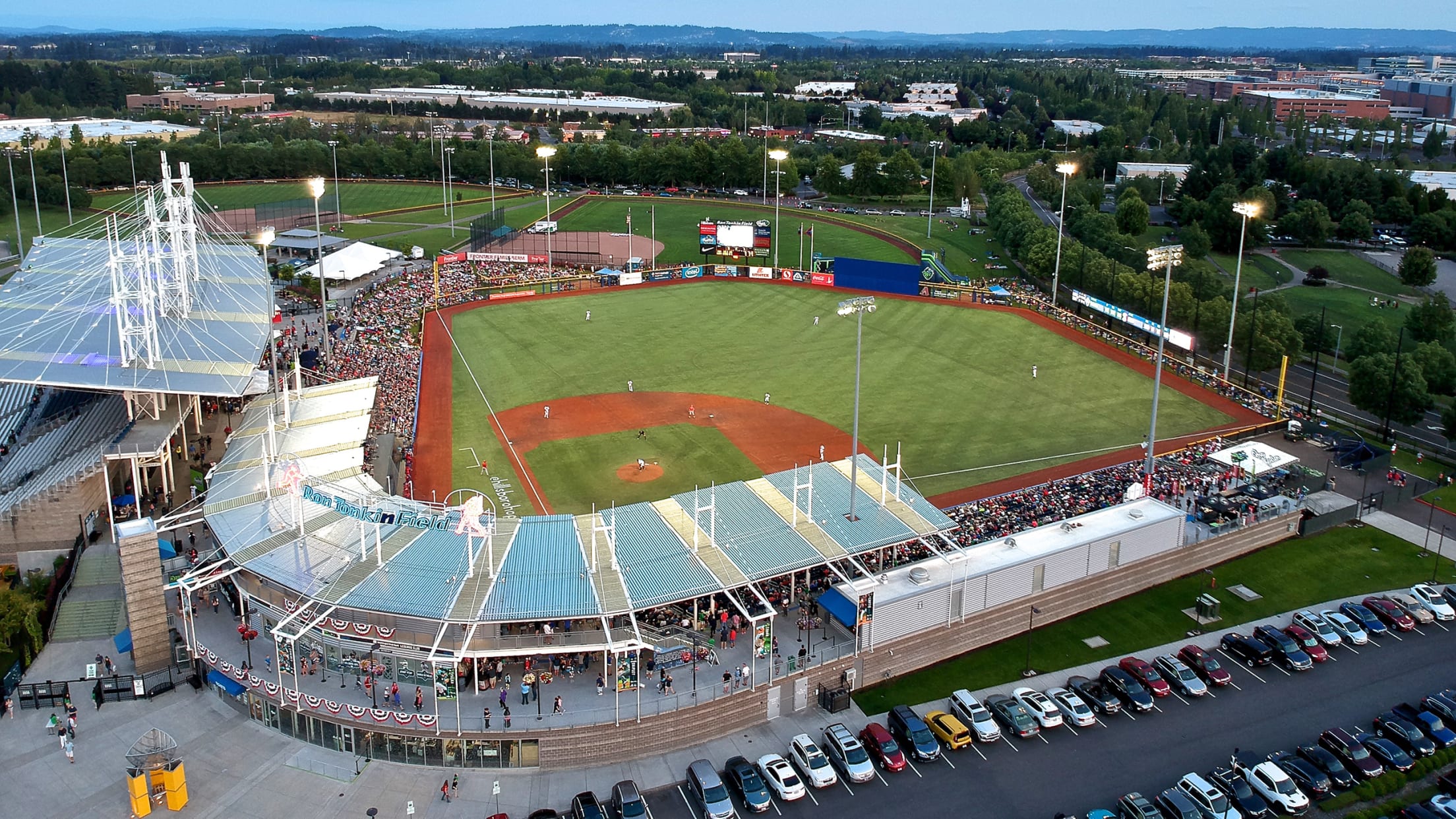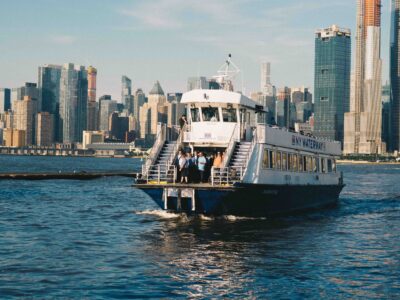When minor league baseball departed Portland, OR, after the 2010’s season, the neighboring city of Hillsboro realized it had the opportunity to return professional baseball to the Portland area. The city acted quickly and decided to transform one of the seven softball fields at the city-owned Gordon Faber Recreation Complex into a new ballpark.
In 2012, stadium construction began, and a deal was struck for the Yakima Bears to move to Hillsboro. Hillsboro Ballpark, renamed Ron Tonkin Field in 2014, was finished in time for the Hillsboro Hops to open the 2013 season as the new Single A affiliate of the Arizona Diamondbacks.
The ballpark was not only built swiftly, but it was also built sustainably too. The award-winning Ron Tonkin Field has been lauded as one of the most eco-friendly ballparks in Minor League Baseball. During the stadium’s construction, more than 57 tons of general debris were salvaged and recycled. Likewise, more than 75 tons of masonry and concrete were crushed at a local facility for structural filler.
Ron Tonkin Field also contains receptacles for compost, landfill and recycling bins. Moreover, fans are encouraged to bring reusable water bottles to fill up at the water fountains in the stadium’s concourses.
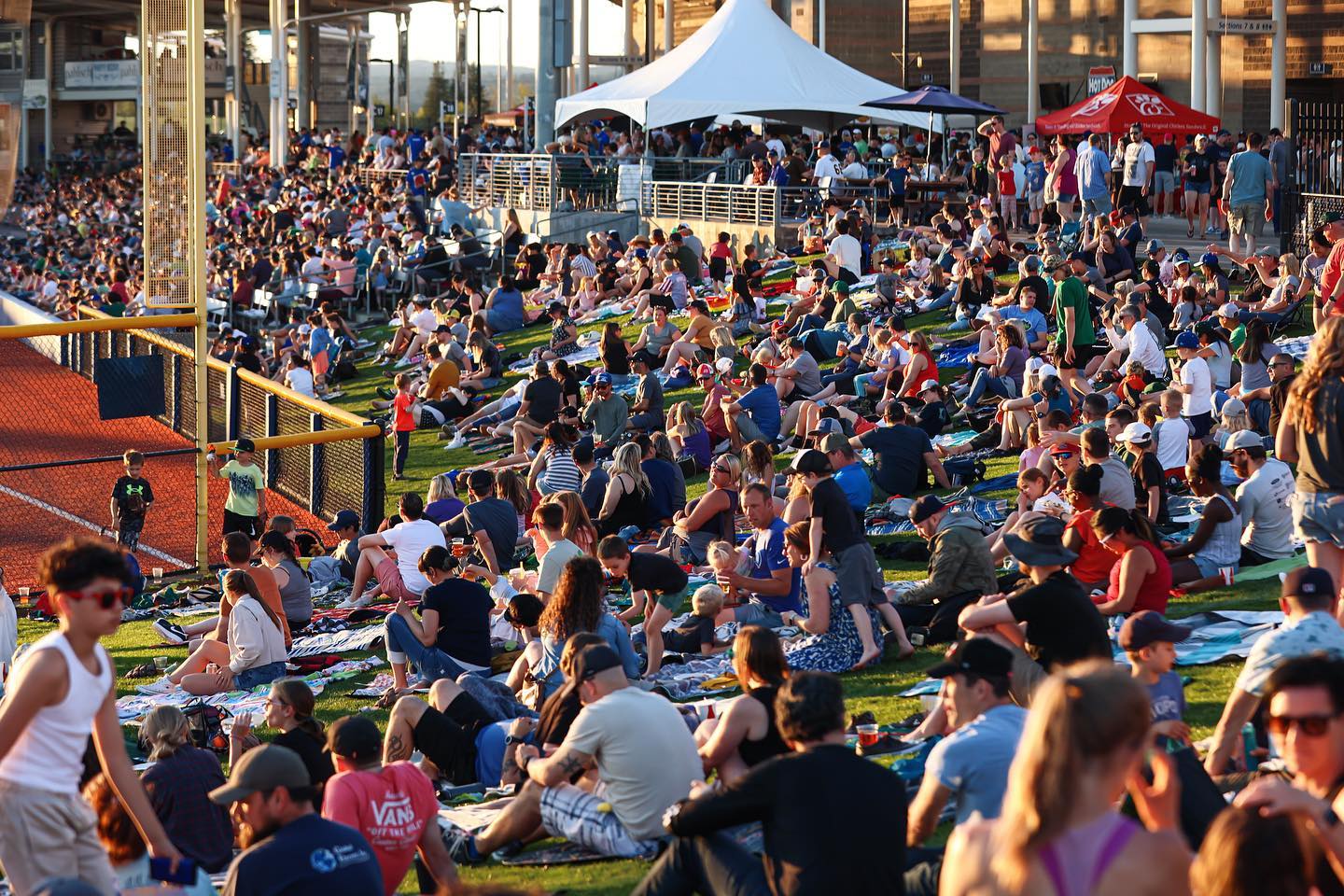
Builders installed low-flow plumbing to conserve water usage in the ballpark’s bathrooms, locker rooms, and kitchens. Ron Tonkin Field also features artificial turf, which needs far less water than natural grass. It offers the additional benefit of making the ballfield available for year-round use.
“We are also getting games in during winter and spring that, in past years, would have been canceled because the turf wasn’t playable,” revealed Casey Waletich, Hillsboro School District operations coordinator and safety director. Over the years, the community used the ballpark for high school baseball, soccer, and football teams, as well as charity events and community activities, like a youth kickball tournament.
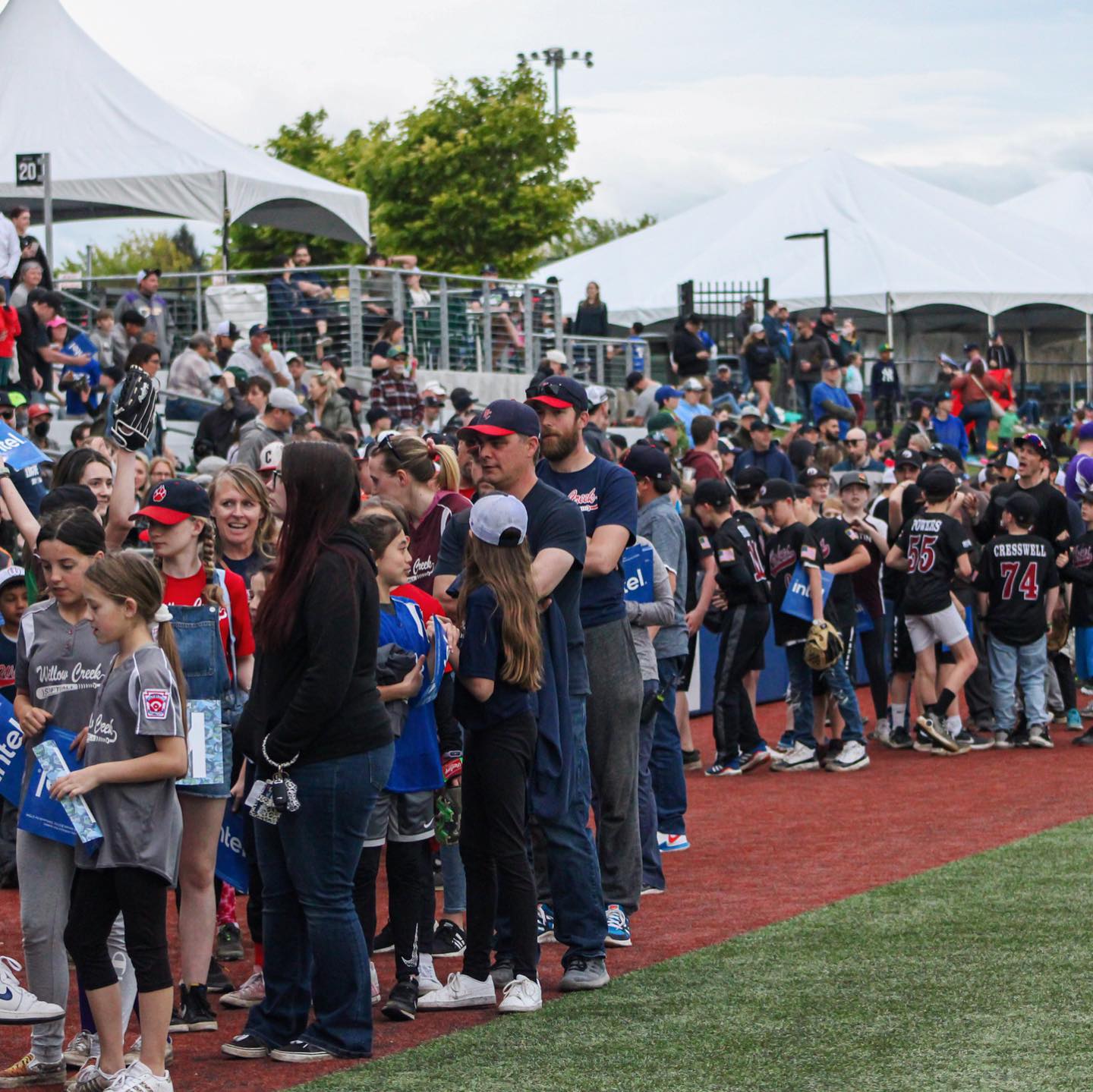
Since the ballpark isn’t located close to public transportation, the team’s Hops Shuttle provides fans and gameday employees free trips to and from Ron Tonkin Field and the closest train station. This program reduces the number of car trips on gameday, which consequently decreases the production of greenhouse gas emissions.
The team’s “ecocentric management principles” led ScienceTrends.com to hail the Hops as one of the few sports organizations that have “successfully implemented ecologically-just practices [that] can serve as exemplars for others to emulate.”
The team’s approach reflects the general eco-focused mindset around the Pacific Northwest, especially the Hops’ hometown, Hillsboro. The city has landed on several “best places to live in America” lists in the past few years. In 2015, the city launched its Hillsboro 2035 community plan that focuses on being an environmentally sustainable community that “minimizes its impact on the physical environment of the community.”
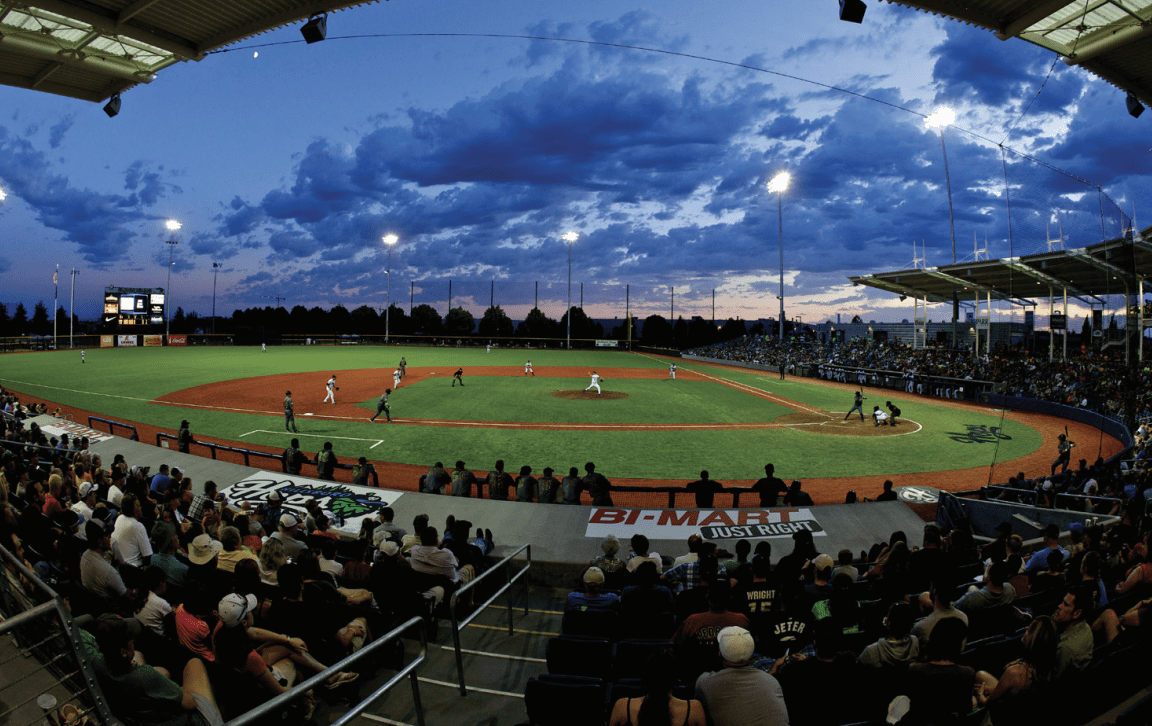
As part of its sustainability agenda, Hillsboro became the first U.S. city to install a new form of renewable energy known as In-PRVTM. This smart water micro-hydro system processes the excess pressure inside municipal water pipelines to generate energy. Instituting eco-friendly initiatives like this has helped place Hillsboro atop the EPA’s 2020 Green Power Community Rankings as the city with the highest green power use.
The In-PRVTM system annually can create approximately 200,000 kWh of electricity, which gets used at Ron Tonkin Field for its lights, concession areas, and electric vehicle charging stations. An information kiosk was put near the stations so fans and school groups could learn about this renewable energy system’s positive attributes.
The Hops and its ballpark have formed a strong relationship with the community. The team’s Hillsboro Hops Fund has given hundreds of thousands of dollars and made in-kind charitable donations to local groups and organizations, from providing resources for youth baseball and softball programs and fundraising for a new athletic field at an area middle school.
The team also has been involved in community programs, including pedestrian safety awareness and anti-bullying campaigns. A case study concluded that Ron Tonkin Field’s community value was just as crucial to the city as it has been to the Hops. As Waletich observed, “Tonkin Field is a tremendous addition to our community.”

